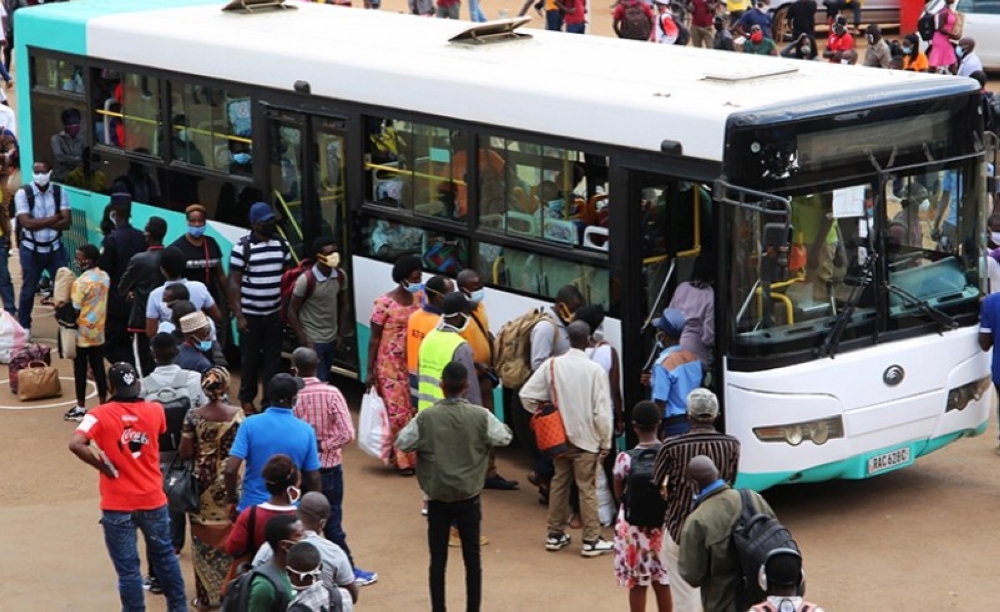

The Minister of Infrastructure on Tuesday appeared before the senate to provide explanations on strategies in place to address issues in the transport sector, including an update on the issue of public transport that has remained a thorny issue in the city.
Among the strategies the minister told the legislators is the plan to import a fleet of public buses which is expected to significantly reduce the queues that are common sight in various bus terminals and bus stops, especially in the City of Kigali, mainly during peak hours.
According to the minister, they expect about 100 buses before the end of the year, as part of the 300 public buses that were promised during the National Dialogue Council (Umushyikirano) earlier this year, when the public transport concern was extensively discussed.
However, addressing public transport bottlenecks will require more than just having enough fleet, because, if no proper strategies are put in place, they may lead to the unintended consequence of traffic congestion, which is already increasing by the day, owing to the increasing purchasing power of Rwandans across economic classes.
Recently, the transport sector regulator announced plans including the possibility of dedicating some roads within the city to public buses especially during peak hours – mainly early morning and late evenings – as a way of encouraging people to use public transport.
This will reduce the traffic snarls that are mostly prevalent during those hours when commuters are going or returning from work, or students going and coming from school.
Such incentives must be encouraged because, some people are forced to buy personal cars out of necessity, to ease their mobility due to the inconveniences that inhibit public transport.
It is equally commendable that more roads are being built which means that a lot more neighbourhoods will be accessed by public transport, which has not been the case for years.
After the issues in public transport have been addressed, it will also require more education for people to look at personal cars as the last option because, as an aspiring green city, Kigali needs fewer motorized engines on its roads.
With the mushrooming of more residential suburbs in the city and its environs, it will also require re-zoning the public transport routes to make them easily navigable


